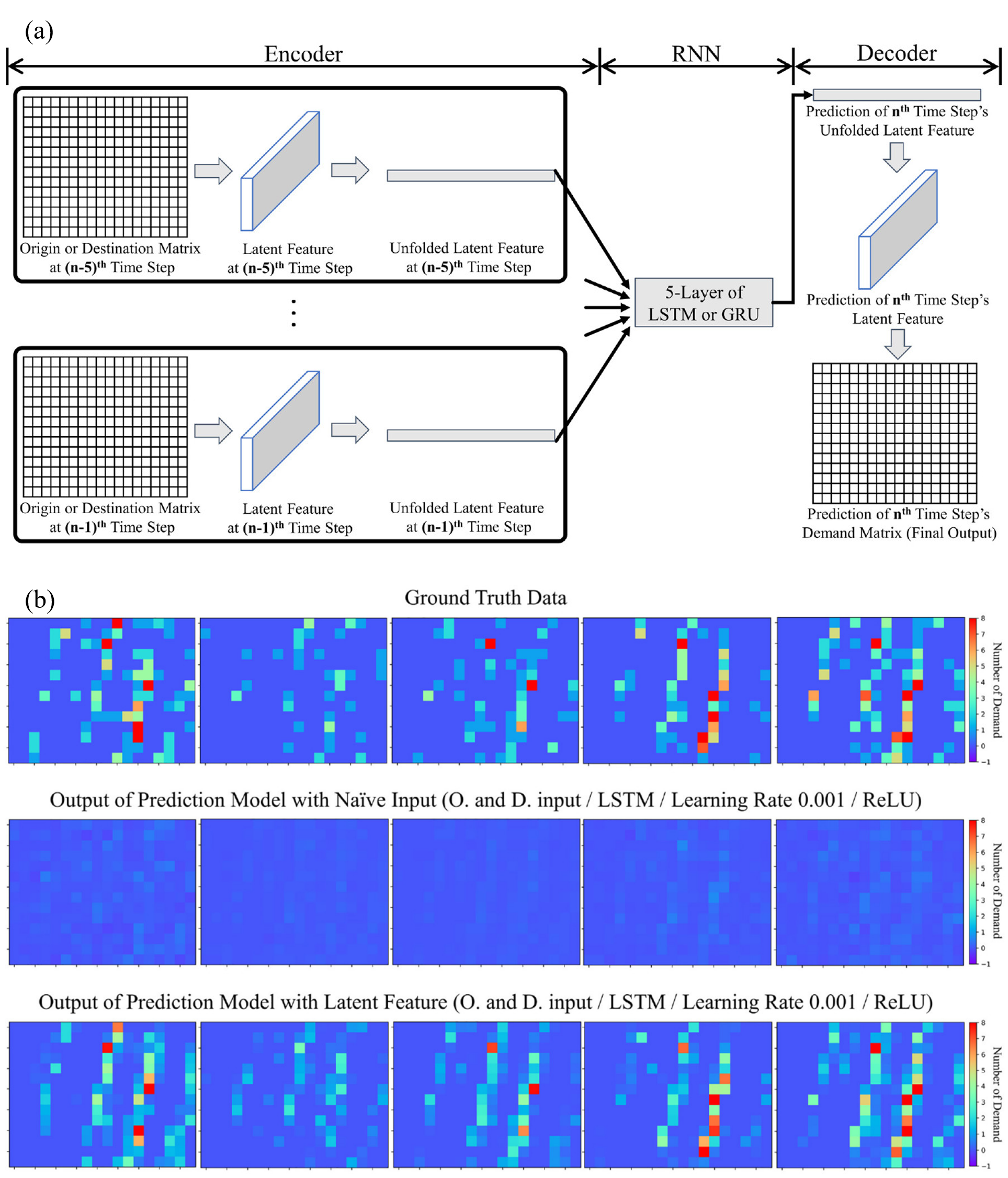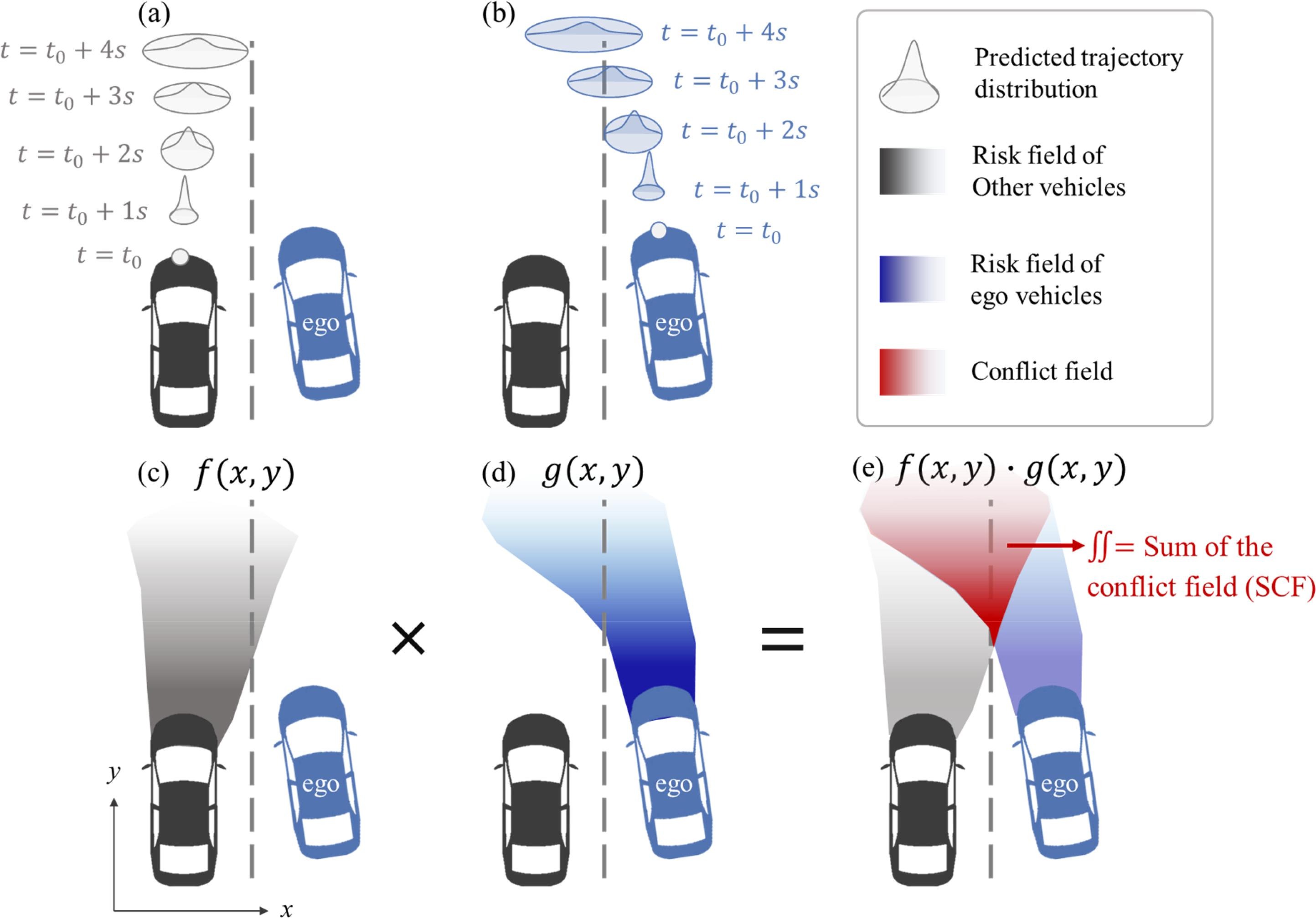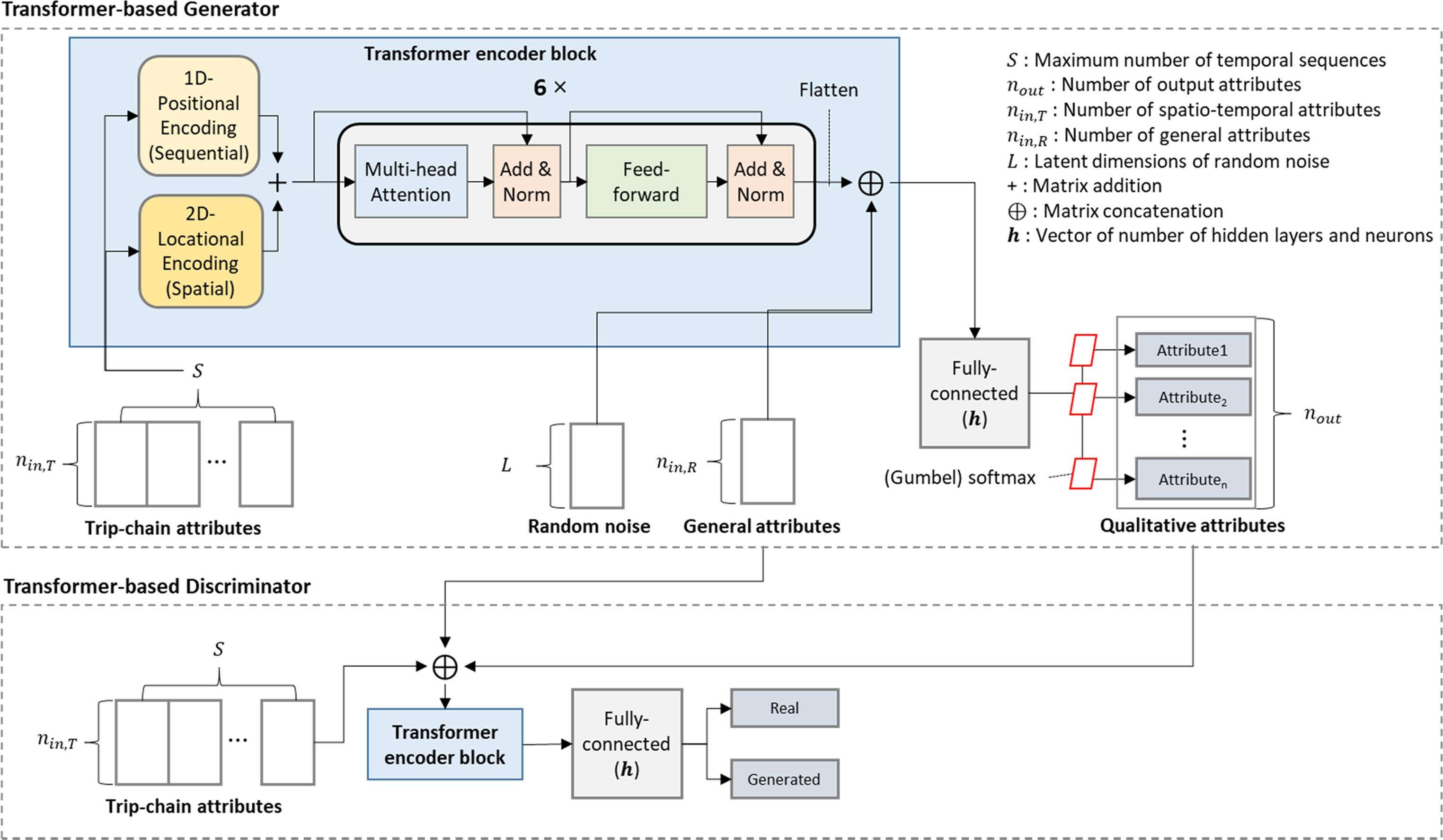
Reliable transportation is essential for a dynamic and thriving society, requiring a delicate balance of equity, safety, and punctuality across all modes of transit. Professor Dong-Kyu Kim and his research team are dedicated to delving into transportation data to enhance current systems and pave the way for a future where transportation networks are not only extensive but also dependable.
Public transportation stands out as a vital infrastructure among all transits options, with more than 7 billion annual trips. Ensuring every citizen’s right to mobility requires the establishment of an equitable public transportation system. Professor Kim's team tackled this challenge by assessing transit competitiveness in Seoul, utilizing smart card and navigation data to compare the competitiveness of public transportation with passenger vehicles. This approach includes a newly designed competitiveness index that helps identify regions suffering from severe mobility inequality. From a level-of-service perspective during in-vehicle time, they have initiated targeted service improvements, including the evaluation of metro crowding while considering the heterogeneity in route choice behaviors. Their work suggests a replicable model for addressing transit inequities in metropolitan areas.[1, 2]
As cities evolve, micro-mobility is rapidly gaining traction as a solution to "first and last-mile service” issues. Despite its increasing popularity, a comprehensive understanding of its utilization remains ambiguous. To bridge this gap, the team applied demand forecasting techniques using deep learning algorithms. In-app, GPS, and smart card data served as invaluable resources for evaluating the efficiency and suitability of micro-mobility systems in real-world settings. This research offers a cutting-edge perspective on the transformative potential of micro-mobility solutions.[3, 4]

Figure 1
(a) Encoder-RNN-Decoder Structure for Predicting the Sparse Demand of E-Scooter
(b) The Visual Comparision of Prediction Results with Baseline Model
The future of transportation transcends isolated modes, integrating them into a seamless journey through Mobility-as-a-Service (MaaS). Professor Kim's research sheds light on how travelers make choices in a multimodal environment. In particular, the Integrated Choice and Latent Variable (ICLV) model provides a deeper understanding of user behavior. This model has been applied not only to regular commuters but also to tourists, capturing complex mode choices through tour-based stated preference choice experiments. Such insights are crucial for city planners and transport agencies aiming to optimize integrated transportation systems.[5, 6]
The transportation ecosystem is on the verge of a revolution with the imminent arrival of autonomous vehicles. While some argue that widespread adoption may take decades, it is undeniable that self-driving cars represent the future. Professor Kim's research aims to broaden the operational design domain of autonomous vehicles, ensuring their safe and efficient deployment. Methodological studies, supported by deep learning technologies, provide insights into autonomous driving behavior, while data estimation through multi-modal sensor fusion techniques strengthens the vehicle's decision-making capabilities. This multidisciplinary approach is essential to ensure that the autonomous systems of the future are robust and secure.[7, 8]

Figure 2
Schematic showing: (a) predicted trajectory distribution of other vehicles and
(b) ego vehicle, (c) corresponding risk fields for other vehicles and (d) ego vehicle, and
(e) conflict field between the two vehicles.
To ensure the reliable operation of these emerging systems, digital twins play a crucial role in monitoring and testing the physical world system. Digital twins are created by simultaneously applying real-world data and generated data. From the microscopic level, which extracts individual vehicle trajectories, to macroscopic passenger trip generation, machine learning-based object-tracking technology and generative models make it possible to create highly accurate digital replicas of complex systems. This technology plays a transformative role in controlling and validating advanced transportation systems.[9, 10]

Figure 3
Generator and discriminator for the Imputing qualitative attributes for trip chains,
based on transformer blocks.
Building a reliable transportation system is not just a technological challenge but a social imperative. Professor Dong-Kyu Kim and his research team are at the forefront of this endeavor, employing an array of methodologies to enhance the dependability of current systems and lay the foundation for future innovations. The strides they are making today will undeniably benefit society at large, providing more equitable and reliable transportation options for everyone.
References
1. Assessing Transit Competitiveness in Seoul Considering Actual Transit Travel Times Based on Smart Card Data, H Lee, HC Park, SY Kho, DK Kim - Journal of Transport Geography, 2019
2. Valuation of Metro Crowding Considering Heterogeneity of Route Choice Behaviors, H Shin, DK Kim, SY Kho, SH Cho - Transportation Research Record, 2021
3. Spatiotemporal Demand Prediction Model for E-scooter Sharing Services with Latent Feature and Deep Learning, SW Ham, JH Cho, S Park, DK Kim - Transportation Research Record, 2021
4. Modeling the Competitiveness of a Bike-sharing System Using Bicycle GPS and Transit Smartcard Data, C Kapuku, SY Kho, DK Kim, SH Cho - Transportation Letters, 2022
5. Tourists’ Preference on the Combination of Travel Modes under Mobility-as-a-Service Environment, EJ Kim, Y Kim, S Jang, DK Kim - Transportation Research Part A: Policy and Practice, 2021
6. A Comparative Analysis of the Users of Private Cars and Public Transportation for Intermodal Options under Mobility-as-a-Service in Seoul, Y Kim, EJ Kim, S Jang, DK Kim - Travel Behaviour and Society, 2021
7. A Generalized Driving Risk Assessment on High-Speed Highways Using Field Theory, YJ Joo, EJ Kim, DK Kim, PY Park - Analytic Methods in Accident Research, 2023
8. Deep Multimodal Learning for Traffic Speed Estimation Combining Dedicated Short-range Communication and Vehicle Detection System Data, JH Min, SW Ham, DK Kim, EH Lee - Transportation Research Record, 2023
9. Extracting Vehicle Trajectories Using Unmanned Aerial Vehicles in Congested Traffic Conditions, EJ Kim, HC Park, SW Ham, SY Kho, DK Kim - Journal of Advanced Transportation, 2019
10. Imputing Qualitative Attributes for Trip Chains Extracted from Smart Card Data Using a Conditional Generative Adversarial Network, EJ Kim, DK Kim, K Sohn - Transportation Research Part C: Emerging Technologies, 2022
1. Assessing Transit Competitiveness in Seoul Considering Actual Transit Travel Times Based on Smart Card Data, H Lee, HC Park, SY Kho, DK Kim - Journal of Transport Geography, 2019
2. Valuation of Metro Crowding Considering Heterogeneity of Route Choice Behaviors, H Shin, DK Kim, SY Kho, SH Cho - Transportation Research Record, 2021
3. Spatiotemporal Demand Prediction Model for E-scooter Sharing Services with Latent Feature and Deep Learning, SW Ham, JH Cho, S Park, DK Kim - Transportation Research Record, 2021
4. Modeling the Competitiveness of a Bike-sharing System Using Bicycle GPS and Transit Smartcard Data, C Kapuku, SY Kho, DK Kim, SH Cho - Transportation Letters, 2022
5. Tourists’ Preference on the Combination of Travel Modes under Mobility-as-a-Service Environment, EJ Kim, Y Kim, S Jang, DK Kim - Transportation Research Part A: Policy and Practice, 2021
6. A Comparative Analysis of the Users of Private Cars and Public Transportation for Intermodal Options under Mobility-as-a-Service in Seoul, Y Kim, EJ Kim, S Jang, DK Kim - Travel Behaviour and Society, 2021
7. A Generalized Driving Risk Assessment on High-Speed Highways Using Field Theory, YJ Joo, EJ Kim, DK Kim, PY Park - Analytic Methods in Accident Research, 2023
8. Deep Multimodal Learning for Traffic Speed Estimation Combining Dedicated Short-range Communication and Vehicle Detection System Data, JH Min, SW Ham, DK Kim, EH Lee - Transportation Research Record, 2023
9. Extracting Vehicle Trajectories Using Unmanned Aerial Vehicles in Congested Traffic Conditions, EJ Kim, HC Park, SW Ham, SY Kho, DK Kim - Journal of Advanced Transportation, 2019
10. Imputing Qualitative Attributes for Trip Chains Extracted from Smart Card Data Using a Conditional Generative Adversarial Network, EJ Kim, DK Kim, K Sohn - Transportation Research Part C: Emerging Technologies, 2022


